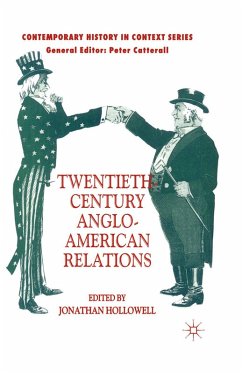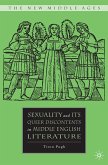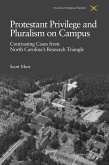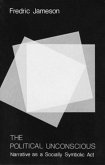Yetiv argues that Middle East oil and globalization have combined to augment the real and perceived threat of transnational terrorism. Globalization has allowed terrorists to do things that otherwise would be more difficult and costly: exploit technology, generate fear beyond their capabilities, target vulnerable economic and political nodes, and capitalize on socio-economic dislocation. Meanwhile, Middle East oil has fueled terrorism by helping to bolster oil-rich regimes that terrorists hate, to fund the terrorist infrastructure, and to generate anti-American and anti-Western sentiments about American support for oil-rich regimes and perceived Western designs on Middle East oil. Together, Middle East oil and globalization have combined in various ways to help create Al-Qaeda's real and perceived threat, and that of its affiliates and offshoots. The combined effect has shaped important contours of the Petroleum Triangle and of world affairs.
A sweeping analysis of contemporary world politics and American foreign and military policy, The Petroleum Triangle convincingly argues that it is critical to understand the connections among oil, globalization, and terrorism if we seek to comprehend modern global politics. What happens within the Petroleum Triangle will help determine if the death of Osama bin Laden will ultimately cripple Al-Qaeda and its affiliates or be yet another milestone in an ongoing age of terrorism.
YetivSteve A.:
Steve A. Yetiv is University Professor of Political Science and International Studies at Old Dominion University. He is the author of several books, including The Petroleum Triangle: Oil, Globalization, and Terror and Crude Awakenings: Global Oil Security and American Foreign Policy, both from Cornell, and The Absence of Grand Strategy: U.S. Foreign Policy Toward the Persian Gulf (1972-2005). Yetiv has been a consultant to the U.S. Department of Defense, the U.S. Department of State, the U.S. General Accounting Office, and CNN International.
Dieser Download kann aus rechtlichen Gründen nur mit Rechnungsadresse in A, B, BG, CY, CZ, D, DK, EW, E, FIN, F, GR, HR, H, IRL, I, LT, L, LR, M, NL, PL, P, R, S, SLO, SK ausgeliefert werden.









